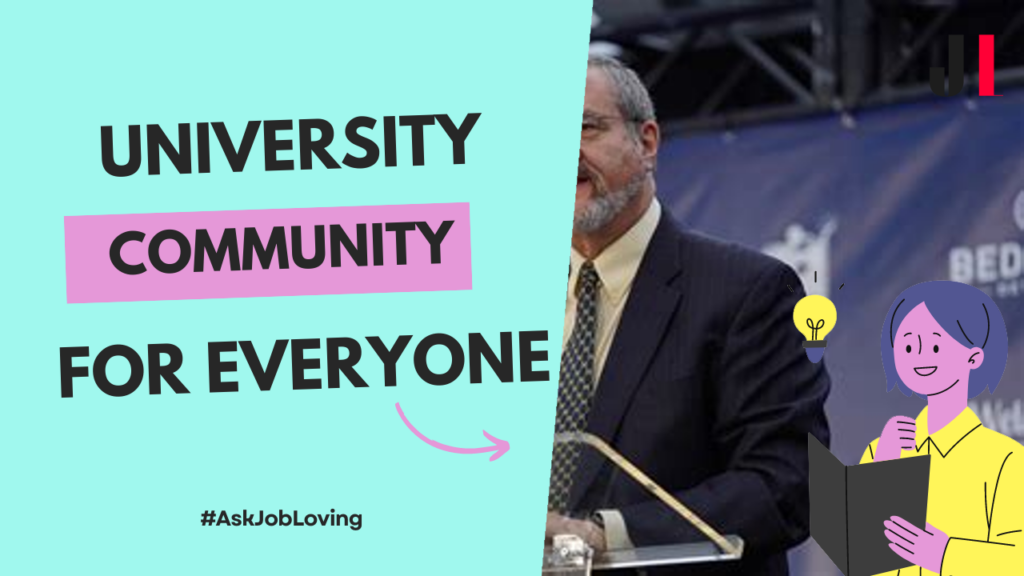Why Was the University of Michigan President Fired?
The firing of Mark Schlissel, the president of the University of Michigan, sent ripples not only across campus but throughout the entire academic community. The University of Michigan Board of Regents unanimously decided to terminate Schlissel’s contract, primarily due to an investigation that unearthed some troubling issues during his tenure. It’s critical to delve deeper into why such a drastic action occurred and what it means for university governance.
One significant reason behind Schlissel’s dismissal involved his handling—or rather mishandling—of public records and transparency issues. In an age where accountability is paramount, he made some eyebrow-raising comments about whether deleting emails could alleviate obligations under the Freedom of Information Act (FOIA). His cavalier attitude towards public records led to concerns about transparency and ethical leadership, casting a long shadow on his presidency.
Furthermore, Schlissel’s record on tuition hikes didn’t win him any fans either. Under his leadership, the university raised tuition during Spring 2020 dramatically. Students voiced their frustrations as they felt their financial burdens were being neglected. Many believed that he was more focused on maintaining a high profile than addressing students’ pressing needs and concerns. This, combined with his perceived lack of engagement with student issues, fueled criticism against him and contributed to a declining support base among stakeholders.
However, perhaps the most serious concern that resulted in his firing stemmed from allegations regarding sexual misconduct within the university administration. Schlissel was reportedly aware of incidents involving a subordinate employee and failed to take appropriate action. In today’s climate, universities are held to a higher standard when it comes to sexual misconduct policies, and any negligence can bear weighty consequences—especially in light of ongoing conversations surrounding campus safety and accountability.
Conclusion
In summary, the termination of Mark Schlissel from his post as president of the University of Michigan serves as a stark reminder of the importance of responsibility and ethical behavior in leadership roles. His tenure may be remembered more for controversies than achievements, highlighting that effective university leadership demands integrity and a genuine commitment to student welfare. As higher education institutions navigate complex issues like transparency and sexual misconduct, it’s critical for leaders to prioritize these concerns over personal or institutional gains.
If you need further help or seek additional information on why the University of Michigan president was fired, feel free to connect with us at the JobLoving community!

